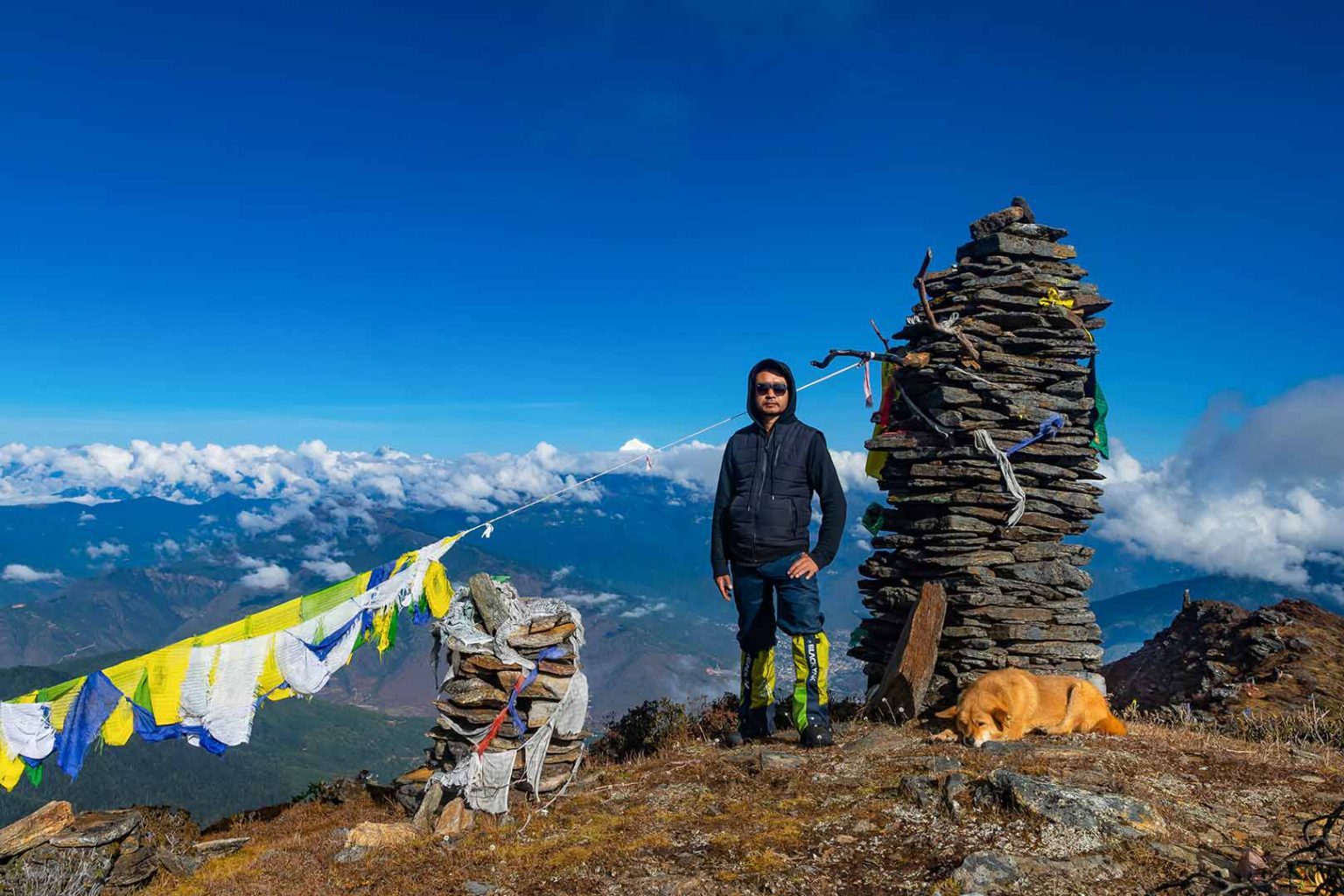
A Unique Blend of Culture, Nature, and Happiness
Best time to visit Bhutan
Bhutan is accessible to tourists throughout the year but the best time in terms of weather suitability is March to May (Spring) and September to November (Autumn) especially if the tourist is fond of trekking.
What can you see in Bhutan
Bhutan is endowed with two important aspects –its unique age-old traditions and culture which are still very much intact as there were centuries ago. As the only surviving Mahayana Buddhist state on the globe, peoples’ way of life is pretty much molded by Buddhist faith. Temples, monasteries and stupas dot every hill and valley visited in 100s by people who come to offer prayers and butter lamps especially during holy days. Dzongs which are basically fortresses built in medieval times while seen as a piece of museum elsewhere are still very firm and actively used for day today business centers either as the center of spiritualism or district administration headquarters. They are massive wood and stone wall structures built without a blue print and a single nails used. They are our architectural marvel of medieval times of Bhutan. People in Bhutan have their own language and a dress code no were seen in the world. Houses are generally two to three storey which are beautifully painted. Joint family system is quite common and people are generally very spiritual and hospitable with a ready smile.
The second is our pristine environment with about 72.5% under natural forest cover. The air is clean which is quite obvious the moment you step out from the plane at the international airport in Paro. Major attraction here is our landscape of unparallel beauty which attracts 1000s of people to come for trekking, bird watching and wildlife. Bhutan is agrarian-based, 69% of population who live by farming. No major polluting industries exist in Bhutan and our main source of energy is hydro-power.
Why should I visit Bhutan?
Many popular travel writers label Bhutan as “must see a destination” because of its uniqueness in many ways – a new destination which remained hidden until after middle of the 20th century. Its unique culture and tradition, pristine environment and above all Bhutan as the birth place of “gross national happiness” recognized by the United Nations body as the 9th millennium development goal. Bhutan is recognized as the happiest nation on the globe although it is still a developing country. Therefore there is much to learn about this country than merely seeing it. Come and enjoy in Bhutan which has so much to offer with comfortable homely hotels and great foods to eat.